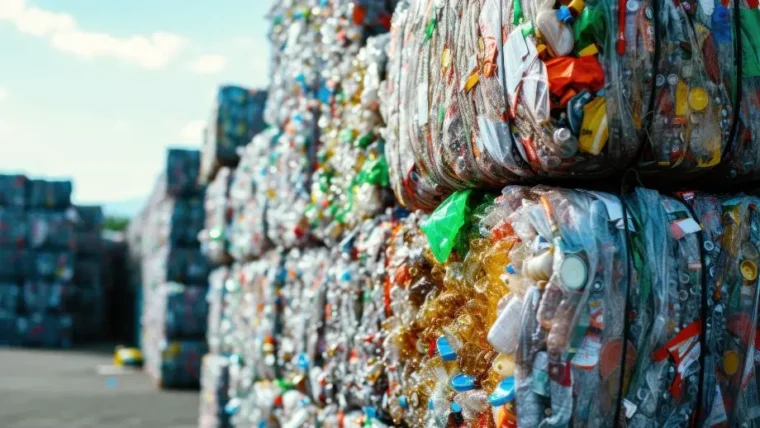Top 3 ways to reduce your trade effluent bills – Process Optimisation
27 May 2015
For those of you that have trade effluent consents from your local water authority, you will know all about the requirements imposed on you. Before being allowed to discharge any water from your activities to the sewer, you must have permission from your water authority. This normally comes in the form of a trade effluent consent that contains various conditions relating to quantity and type of discharge, monitoring and treatment you must do and potentially the times of day that you can discharge. What and how much you discharge will affect your bill and how much you pay the water authority. In this series, we will look at the three top ways you can reduce those charges: process optimisation, operating efficiency and regulatory performance. This blog will focus on process optimisation, what you can do and how this will affect your bills.
Understanding your processes and how this affects the quantity, variation and quality of water flows is essential and can indicate where improvements can be made. Water flow and load surveys, specifically designed for your site and process will determine normal conditions and may be able to identify any weaknesses that can be improved on.
If you are having difficulties with your trade effluent, particularly if you are unable to stay within consent, it is important to know exactly why, when, where and how you are having these problems. Your problem is likely to be specific, for example, your effluent has high COD (Chemical Oxygen Demand), total suspended solids or the incorrect pH. Some kind of monitoring, whether from your own equipment, or from the regulator, will have highlighted this particular issue, likely from a composite sample. This involves multiple samples physically combined and mixed into a simple sample so that a physical averaging takes place. This kind of a sample will not give you the resolution required to effectively understand the origin of the problem and therefore deal it. By knowing exactly when your effluent exceeds your consent, you can target mitigation measures. This may save you a lot of time and money in treatment processes. You may not have to commit large capital expenditure for an on-site effluent process when smaller scale treatment in a specific area or at a particular time is more appropriate.
If you are planning on any development or expansion to your site operations, a survey can also be useful to give you a clear picture about what you are doing and to indicate whether you will be able to stay within consent following your changes, or whether you will be required to vary your permissions.
In order to ensure you carry out your processes in a way that is as optimal as possible, it is first important to understand your effluent and how it is affected by your processes so you can identify any opportunities for improvement. Flow and load surveys can give you high resolution data that can tell you of any weaknesses and where to target solutions effectively, which can save you a lot of money. Ultimately though, it is really important to use the data you have effectively. Do you know what you are collecting? Is it showing you what you need? How are you using it to inform improvements? Answering these questions will fully realise cost savings.









